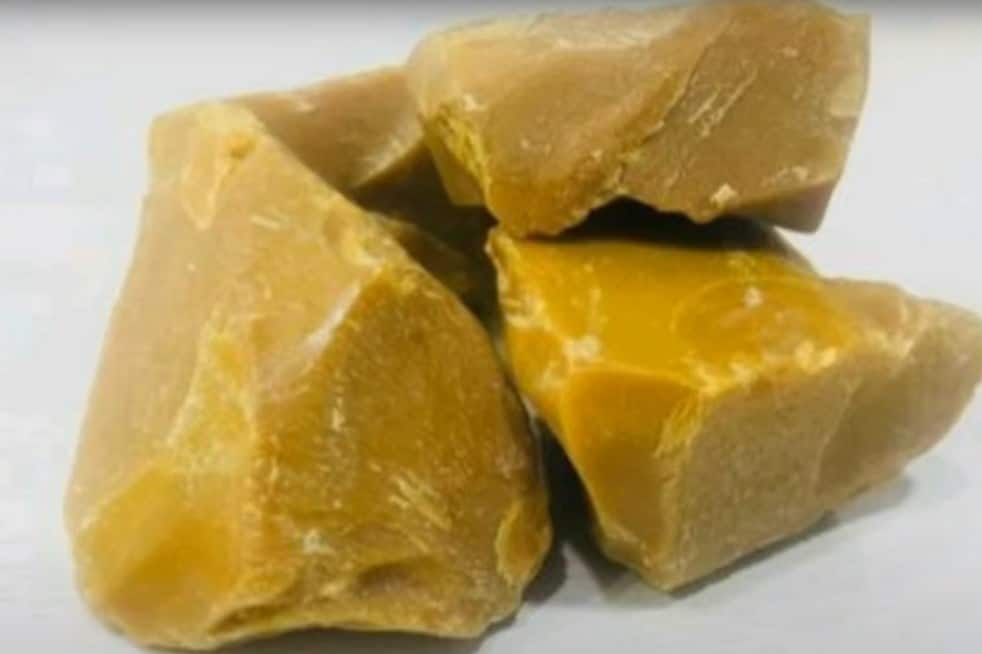Is Acorns Edible? Quick answer is NO. Boiling or soaking raw acorns can eliminate their tannins, which are toxic when consumed in large quantities. Once properly prepared, acorns become safe to eat and offer valuable nutrients such as iron and manganese. They can be enjoyed roasted or ground into flour for a delicious culinary experience.
Don’t know if acorns are edible? Check out this blog post to learn more in details on Is Acorns Edible? And whether or not you can eat Acorn.
Checkout YouTube video on Is Acorns Edible
Introduction
Before we find out Is Acorns Edible, we need to know what are acorns? Acorns are the nuts of the oak tree, and have been a traditional food source for millennia. They are high in carbs and fat, and have a somewhat bitter taste. In recent years, acorns have gained popularity as a health food, due to their high nutrient content.
So, Is Acorns Edible? are acorns edible? The short answer is no and yes. Our answer is yes if you follow few things mentioned below and you should know before you start munching on them. Read on to learn more about the nutritional value of acorns, how to prepare them for eating, and what to watch out for.
What are acorns?
An acorn is the nut of the oaks and their close relatives. It usually contains a single seed (rarely two seeds), enclosed in a tough, leathery shell, and borne in a cup-shaped cupule. Read more below to know about Is Acorns Edible.
Are acorns edible?
Yes, acorns are edible. People have been eating them for centuries. They are a good source of protein and other nutrients.
Acorns are the fruits of oak trees. They are usually found beneath the tree on the ground. Acorns vary in size, but they are typically small and round. The shell is hard and protecting the edible nut inside.
Harvesting acorns is easy. Just collect them from beneath the tree (or buy them online). Once you have your acorns, you need to prepare them before eating. This typically involves removing the shells and leeching the tannins out of the nuts. Leaching can be done by boiling the acorns in water or soaking them in water for a period of time.
There are many recipes that use acorns as an ingredient. They can be used in soups, breads, pancakes, and even cookies!
The nutritional value of acorns
Acorns are the fruits of oak trees, and they have been a part of the human diet for millennia. They are high in fat and calories, and they also contain a number of important nutrients.
Acorns are a good source of dietary fiber, which can help to regulate digestion. They also contain a variety of vitamins and minerals, including Vitamin A, Vitamin C, potassium, and magnesium. In addition, acorns are a good source of protein and fat.
While acorns are safe to eat, it is important to remember that they can be poisonous if they are not cooked properly. Raw acorns contain tannins, which can cause digestive upset if consumed in large quantities. Cooking acorns helps to remove the tannins and makes them safe to eat.
How to prepare acorns for consumption
Acorns are the edible seeds of certain oak trees, and have been an important food source for humans and animals for millennia. They can be roasted and Ground into a flour, or boiled and leached to remove their tannins. Now that we know answer to question – Is Acorns Edible, let’s find out how to make consumable!
Acorns are a good source of calories and protein, and are particularly rich in vitamins A and C. They can be eaten raw, but are best when cooked. When preparing acorns for consumption, it is important to remove the tannins, which can make them bitter and astringent.
There are several methods for preparing acorns for consumption:
1) Roasting: Roasting acorns removes some of the tannins, making them more palatable. To roast acorns, simply place them on a baking sheet in a single layer and bake at 200 degrees Fahrenheit for 30 minutes.
2) Boiling: Boiling acorns is the most common method of preparation, as it leaches out the majority of the tannins. To boil acorns, place them in a pot of water and bring to a boil. Let simmer for 30 minutes before draining.
3) Leaching: Leaching is a process that removes tannins from acorns by soaking them in water. This can be done by either boiling or soaking the acorns in cold water overnight. After leaching, the acorns can be roasted or ground into flour.
Recipes using acorns
Now we know answer to this important question – Is Acorns Edible, let’s read some recipes using acorn. Acorns are the edible seeds of oak trees, and they have been used as a food source by humans for thousands of years. The most common type of acorn in North America is the white oak acorn, which has a sweet, nutty flavor.
Acorns can be eaten raw, roasted, or ground into a flour that can be used in baking. They are a good source of vitamins and minerals, including iron, potassium, and magnesium.
If you are interested in trying acorns, here are some recipes to get you started:
Roasted Acorn Mealybugs:
Ingredients: 1 cup acorn mealybugs,1 teaspoon olive oil, salt and pepper to taste
Instructions: Preheat oven to 400 degrees F. Toss acorns with olive oil and salt and pepper. Spread on a baking sheet and roast for 10-15 minutes, stirring once or twice, until golden brown. Serve hot or cold.
Acorn Pancakes:
Ingredients: 1 cup acorn flour, 1 egg, 1/2 teaspoon Baking soda 1 tablespoon sugar, 1 tablespoon melted butter or vegetable oil, 1 cup milk
Instructions: In a medium bowl whisk together acorn flour, egg, baking soda sugar and melted butter or oil. Add milk and whisk until smooth. Heat a large skillet or griddle over medium heat. Grease with additional melted butter or oil. Pour batter by 1/4 cup fulls onto the skillet or griddle. Cook for 2-3 minutes per side or until golden brown and cooked through. Serve with maple syrup or honey.
Makes 12 pancakes
The benefits of eating acorns
Acorns are the fruit of the oak tree and have been eaten by humans for millennia. They are an excellent source of several vitamins and minerals, including magnesium, potassium, iron, and zinc. They are also a good source of protein and fiber.
Acorns contain saponins, which are a type of phytonutrient that has been shown to have anti-inflammatory and antioxidant effects. Saponins are also thought to play a role in cancer prevention.
The main downside to acorns is that they contain tannins, which can make them taste bitter. Tannins can also cause gastrointestinal distress in some people. Soaking acorns in water for 24 hours or longer can help remove some of the tannins and make them more palatable.
The drawbacks of eating acorns
Acorns are edible, but there are a few drawbacks to eating them. They are high in tannins, which can give them a bitter taste. They also contain high levels of oxalates, which can interfere with calcium absorption and cause kidney stones.
Conclusion
Is Acorns Edible? Short answer is Yes only if you Boil or soak raw acorns can eliminate their tannins, which are toxic when consumed in large quantities. Once properly prepared, acorns become safe to eat and offer valuable nutrients such as iron and manganese. They can be enjoyed roasted or ground into flour for a delicious culinary experience. Based on the research that has been conducted, it is safe to say that acorns are edible. Although there are some caveats. Some people may be allergic to acorns and certain parts of the acorn tree. It is always best to speak to a healthcare professional before consuming any new food, especially if you have an allergy.
Acorns can be eaten raw, roasted, or ground into a flour and used in baking. When consuming acorns, it is important to remove the inner skin as it can cause digestive issues. When preparing acorns, it is also important to leach out the tannins as they can make the acorns bitter and astringent. There are many different methods for leaching tannins, so it is best to consult a recipe or Guide before preparing acorns.
Further reading
-https://www. Foragerchef.com/is-acorns-edible/
-https://www.seriouseats.com/2015/11/foraging-101-acorns-recipes.html
-https://www.eatweeds.co.uk/acorns
While acorns are edible, they are not necessarily palatable in their raw form and need to be processed before they can be eaten. Tannins, which give oak tree leaves and acorns a bitter taste, need to be leached out of the acorn before it can be eaten raw or used in recipes. If you plan on foraging for acorns, be sure to check with your local laws and regulations first, as some areas prohibit the harvest of acorns from public parks and land.



